Stories
A toddler forever
She's half the height but twice as brave...
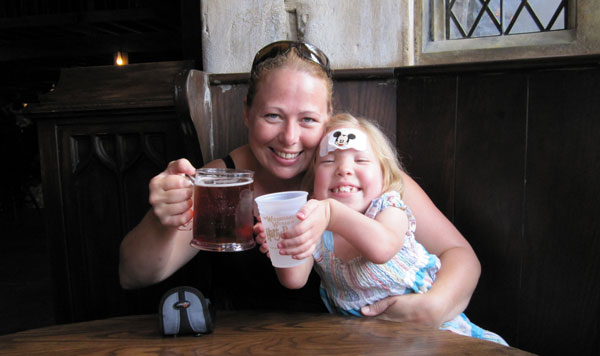
Without them noticing, I peeked around the living room door to spy on my girls. My heart nearly burst.
Smiling with pride, I watched as my eldest Cora, 12, helped her sister Enola, seven, practise her ballet moves.
‘Up, and turn and… point your toes… well done,’ she encouraged as, dressed in a pink tutu, her little sister danced to the music.
I’m sure this is a scene played out in living rooms across the country every day, but to me it was one of the most precious moments of Enola’s childhood.
You see, my beautiful daughter has a genetic condition called Morquio’s syndrome that restricts her development – she’ll never be more than 3ft tall, trapped in the body of a toddler for life. It’s ironic really, seeing she weighed 11lb 1oz at birth.
‘She’ll always be the tallest in her class!’ my partner Wayne grinned, as I’d cuddled our baby. And she’d certainly seemed to be a healthy child. That was until she reached 18 months.
‘I’m a bit worried about her hips,’ my doctor had said. ‘I’d like to run some tests.’
We were back and forth to Blackburn Royal Infirmary for the next few months until finally, when she was two-and-a-half, she was diagnosed with the syndrome, which means her body doesn’t produce an essential enzyme.
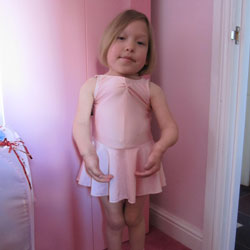
‘Is it curable?’ I gasped, clutching Wayne’s hand. ‘What are the complications?’
The consultant shook his head.
‘It’s very rare. Only 82 people have it in the UK. I need to do more research.’
Back home, I did some research of my own and, within 20 minutes of searching on the internet, I was distraught and in tears.
‘Her skeleton won’t grow properly, squashing all her organs,’ I sobbed to Wayne as he tried calming me down. ‘She’ll be in a wheelchair for her whole life – which might only be 30 years, if she’s lucky!’
‘Let’s wait to hear what the doctors have to say,’ he soothed.
But a week later, the consultant confirmed my worst fears.
At home, I tried keeping things as normal as possible but, unable to explain to Cora and Enola what was happening, I slipped into paranoia and depression. I ended up taking time off work, and the strain meant it wasn’t long before me and Wayne broke up.
Then, when Enola was four, we received more bad news.
‘Her neck isn’t strong enough to protect her spinal cord,’ the specialist said. ‘We need to operate to strengthen it.’
This was serious, major surgery – Enola would have to wear a metal head brace for three months, and we had to wait nine months before they could perform the operation.
‘In the meantime, you have to be very careful with her,’ the specialist explained.
‘The slightest fall could dislodge something, leaving her paralysed.’
Back home, I sat the girls down.
‘You have to play very gently,’ I told them. ‘No fighting or jumping around, no rough stuff.’
A few months later, when Enola started school, my concern was picked up by Cora.
She constantly hovered around her sister, shouting at children in the playground to keep away.
‘Don’t touch her!’ I heard her scream one morning, when Enola’s little friend tried to hold her hand.
Then I got a phone call from the breakfast club the girls went to before school. ‘Cora shouted at the ladies here today,’ explained one of the workers. ‘She told them they weren’t allowed to go near Enola – she won’t let anyone even speak to her sister, she’s so scared of the possible consequences.’
Putting down the phone, I started crying. I had one very ill daughter, and another too scared to lead a normal life.
That night, I sat Cora down.
‘It’s good you’re looking after her,’ I smiled. ‘But I’ve agreed with the breakfast club that someone will stay with Enola all the time. That way you don’t have to worry.’
‘But what if they don’t watch her?’ Cora gasped. ‘What if they need the loo and something happens while they’re gone?’
I pulled my eldest into a big hug.
‘She’ll be fine,’ I promised. ‘Now, I want you to concentrate on yourself for a bit.’
Before long, Cora seemed to return to normal, and Enola seemed happy, too.
‘Even I’m not the smallest,’ she grinned one day when I asked what she liked the most about school.
But after she had her operation, everything changed. Wearing the huge metal halo over her head, she was so restricted.
She found it hard to walk, couldn’t look left and right without turning her whole body, and I couldn’t cuddle her in case I dislodged the frame.
Cora, though, was always there to help her. But sometimes Enola accidentally caught her
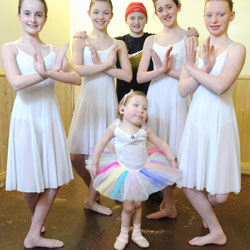 with the halo. ‘I turned around and bumped Cora with it,’ she cried one day. ‘I really hurt her, but I didn’t mean to. Why me, Mummy?’
with the halo. ‘I turned around and bumped Cora with it,’ she cried one day. ‘I really hurt her, but I didn’t mean to. Why me, Mummy?’My heart sank. I didn’t know what to say. Then Cora flicked on the radio.
‘Listen, it’s Beyoncé’s new song Halo,’ she smiled. ‘She’s singing about you!’
Enola looked up and listened, then smiled. ‘It’s my song!’ she giggled happily.
Soon after, the halo was taken off, but Enola still loved to dance around to Beyoncé – in fact, she loved to dance to any music, even though it tired her out quickly.
So, while watching Cora at her regular ballet class, it shouldn’t have come as a surprise when Enola asked if she could join in, too.
What if she slipped and fell or couldn’t do it as well as her friends and was disappointed?
But the teacher took Enola’s hand. ‘Come on, then,’ she smiled.
And she was fine. After that, she joined Cora’s ballet class whenever she felt well enough.
In March last year, the ballet teacher came to see me. ‘We wondered if Enola would like a part in the show we’re putting on,’ she grinned. ‘She’d be a rainbow. It’s mostly singing with a little bit of dancing.’
‘Please, Mummy!’ Enola begged.
How could I deny anything to that cute grin?
On the night of the show, there wasn’t a dry eye in the house as Enola performed on stage. Afterwards, she was happier than ever. ‘Everyone clapped!’ she grinned. ‘They must have liked it!’
‘You were brilliant,’ I smiled.
Even though she gets tired quickly and spends a lot of time in a wheelchair, Enola always practises her ballet – with Cora on hand to help her.
She knows one day she’ll be in a wheelchair for good but, until then, nothing will stop my Thumbelina ballerina – she’s a little star!
Donna Halleron, 38, Blackburn, Lancashire
Story search...
Story archive
Just added...
From chunky to hunky
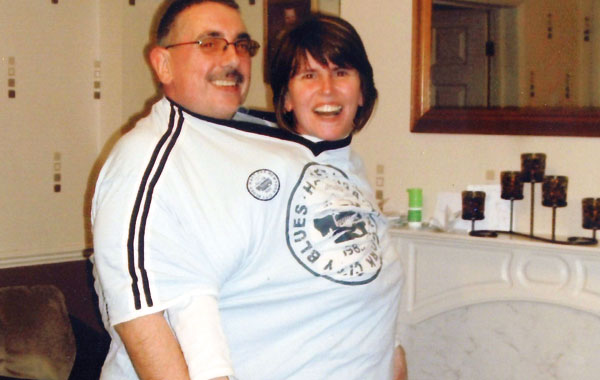
Cuddly Colin was too roly-poly to...
read more...
The boy of steel
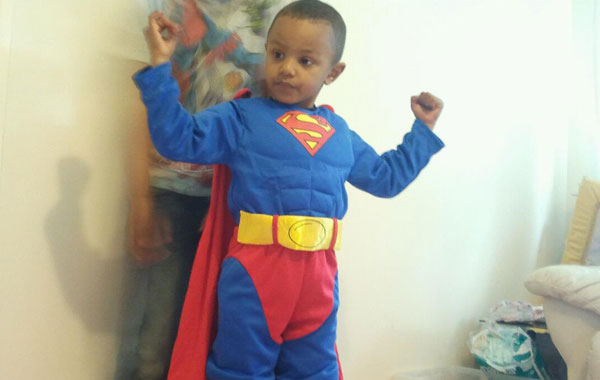
With his baby sister Holly to love,...
read more...
The great Moggy mystery
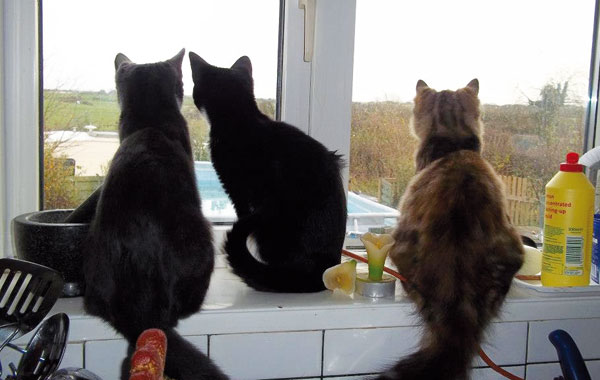
Just what was making all of our cats...
read more...
Most popular...
Quick reads...
No choccie, but life's so sweet!
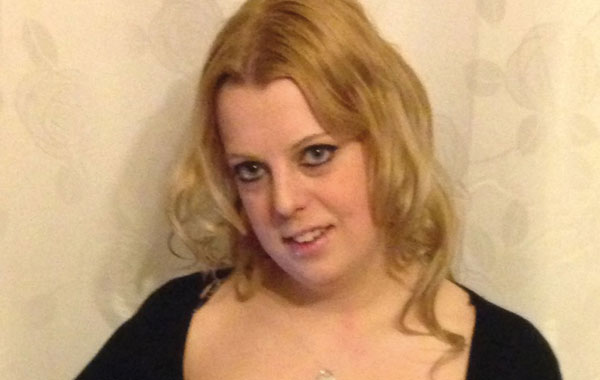
I'm a reformed chocoholic...
read more...
Baa-ck from the dead!

My heart bleated for these poor sheep...
read more...
Brave undertaking
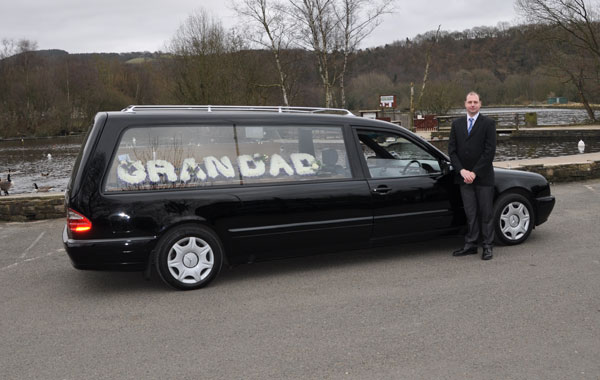
I've swapped cars for coffins...
read more...























